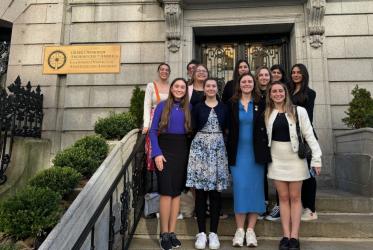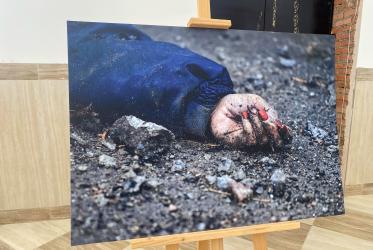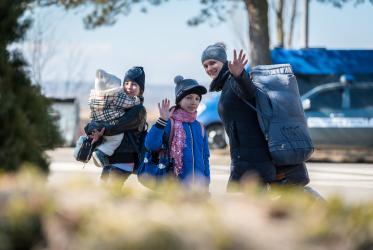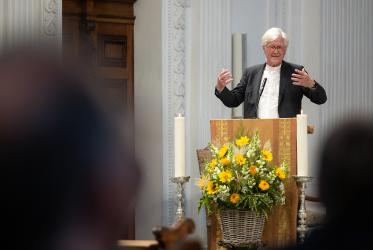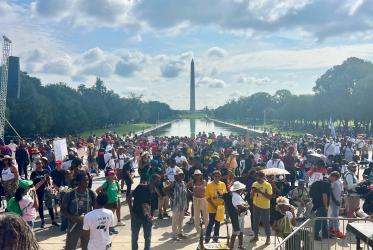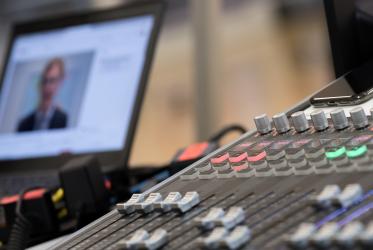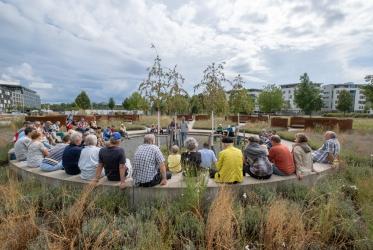Displaying 1 - 20 of 180
Voice of churches vital during UN women’s rights talks
28 March 2024
Tackling sexual violence in war
14 December 2023
WCC moderator calls for a “reformation of hope” based on love
10 October 2023
HIV and AIDS Civil Society Networks and the Faith Sector
Lessons Learnt from Strategic Engagement in India, Dominican Republic, Indonesia, and Jamaica
31 January 2023
Workshop explores how interreligious dialogue brings trust and respect
15 September 2022

